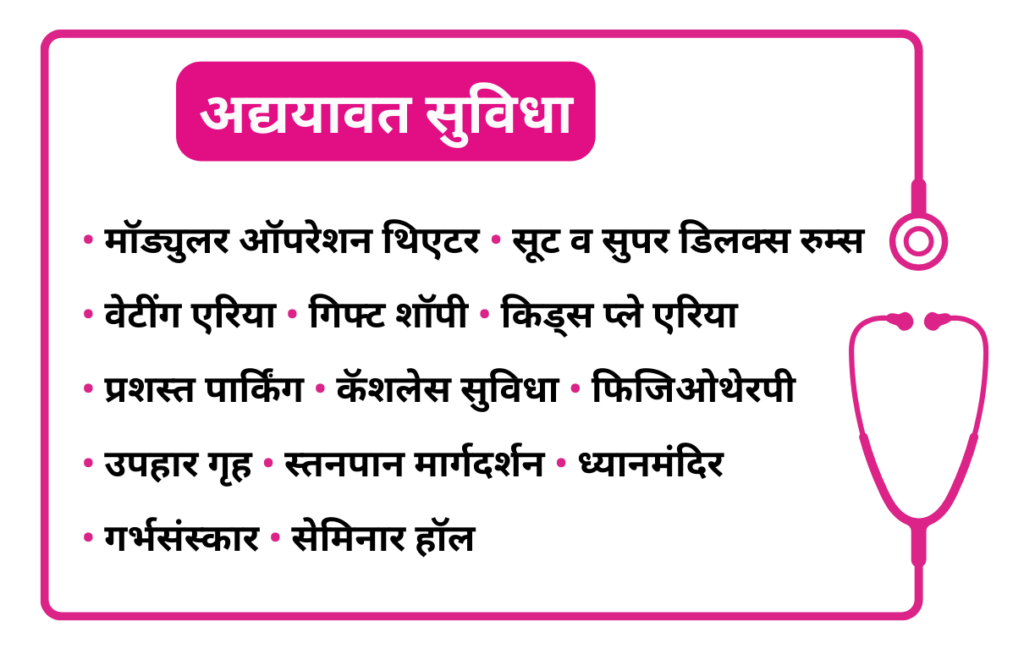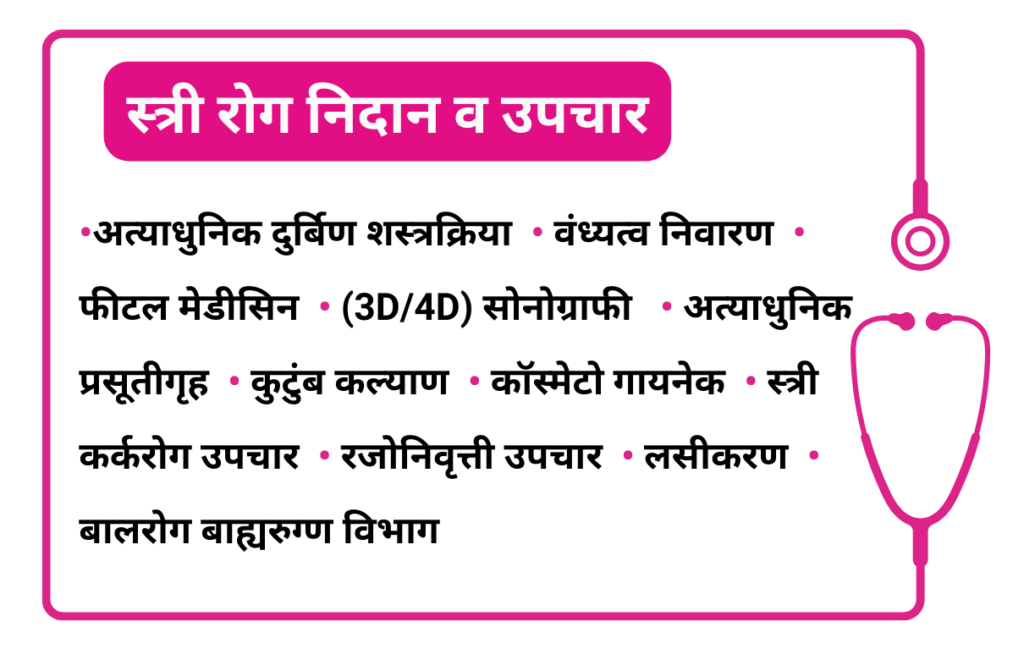Endometriosis Management
At Snehdeep Hospitals, we are dedicated to providing advanced laparoscopic and minimally invasive surgical care with compassion and expertise. If you have any concerns or wish to schedule a consultation, contact us today!
Book Your Appointment
Understanding and Managing Endometriosis
Endometriosis is a chronic medical condition where the tissue similar to the lining of the uterus (endometrium) grows outside the uterus. This often affects the ovaries, fallopian tubes, and pelvic lining but can extend to other organs in rare cases. It affects approximately 10% of women of reproductive age globally, causing pain, infertility, and significant emotional and physical distress.
Why Choose Snehdeep Hospitals for Managing Endometriosis
At Snehdeep Super Speciality Hospitals, we offer a multidisciplinary approach to endometriosis management. From expert gynecologists to state-of-the-art diagnostic and surgical facilities, we ensure compassionate and effective care tailored to your needs.
Signs and Symptoms
- Chronic pelvic pain, especially during menstruation.
- Pain during intercourse, urination, or bowel movements.
- Heavy or irregular menstrual bleeding.
- Fatigue, bloating, and gastrointestinal discomfort.
- Difficulty in conceiving or infertility.
Diagnosis
A combination of methods is often used to diagnose endometriosis:
- Medical History and Symptom Evaluation: Detailed discussion of symptoms.
- Imaging Tests: Ultrasound or MRI to visualize abnormalities.
- Laparoscopy: A definitive diagnostic procedure where tissue samples can be taken.
Treatment Approaches
Management is tailored to the individual’s symptoms, severity, and goals like pain relief or fertility.
1. Medical Treatment
- Pain Management: NSAIDs such as ibuprofen or acetaminophen.
- Hormonal Therapy: Birth control pills, progestins, or GnRH agonists to reduce or stop periods, slowing the disease’s progression.
2. Surgical Interventions
- Laparoscopic Surgery: Removes endometriotic lesions while preserving fertility.
- Hysterectomy: For severe cases, where other treatments fail.
3. Fertility Assistance
In cases of infertility, Assisted Reproductive Techniques (ART) such as IVF may be employed.
Lifestyle Modifications
Non-medical strategies can complement medical care:
- Diet: Anti-inflammatory foods like fish, nuts, and leafy greens.
- Exercise: Regular physical activity reduces estrogen and inflammation.
- Stress Management: Yoga, meditation, and counseling can help manage emotional and physical stress.
FAQs on Endometriosis Management
At Snehdeep Hospitals, we are committed to delivering comprehensive care for endometriosis management. Using advanced laparoscopic and minimally invasive techniques, our specialists ensure precise and effective treatment tailored to your unique needs. Combining expertise with compassion, we aim to alleviate symptoms and enhance your quality of life. Schedule a consultation with us today and take the first step toward expert care and lasting relief!


